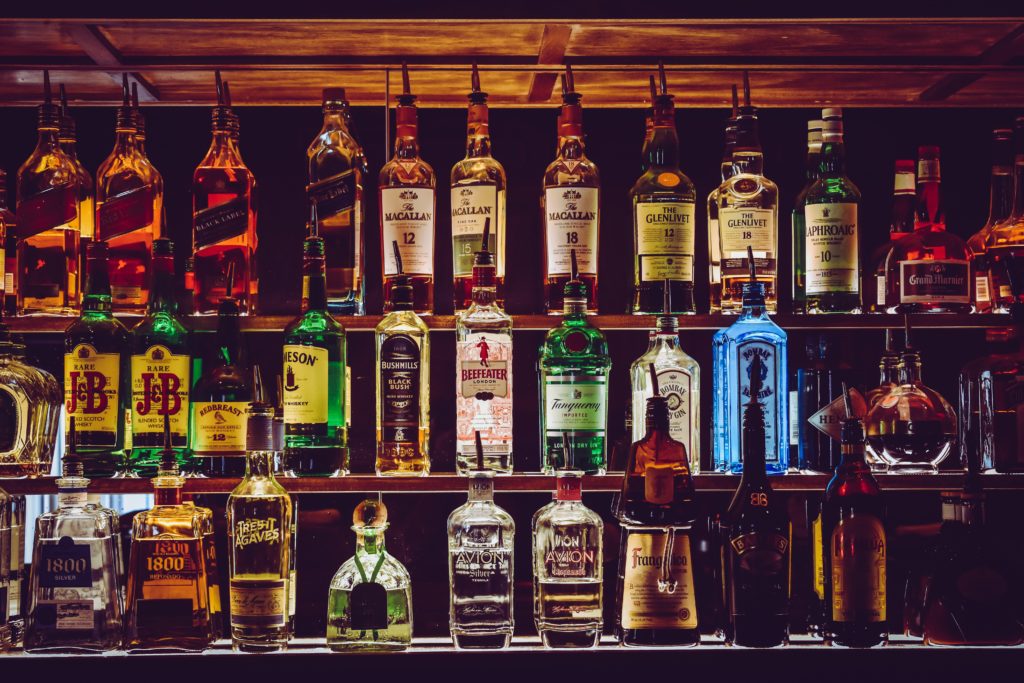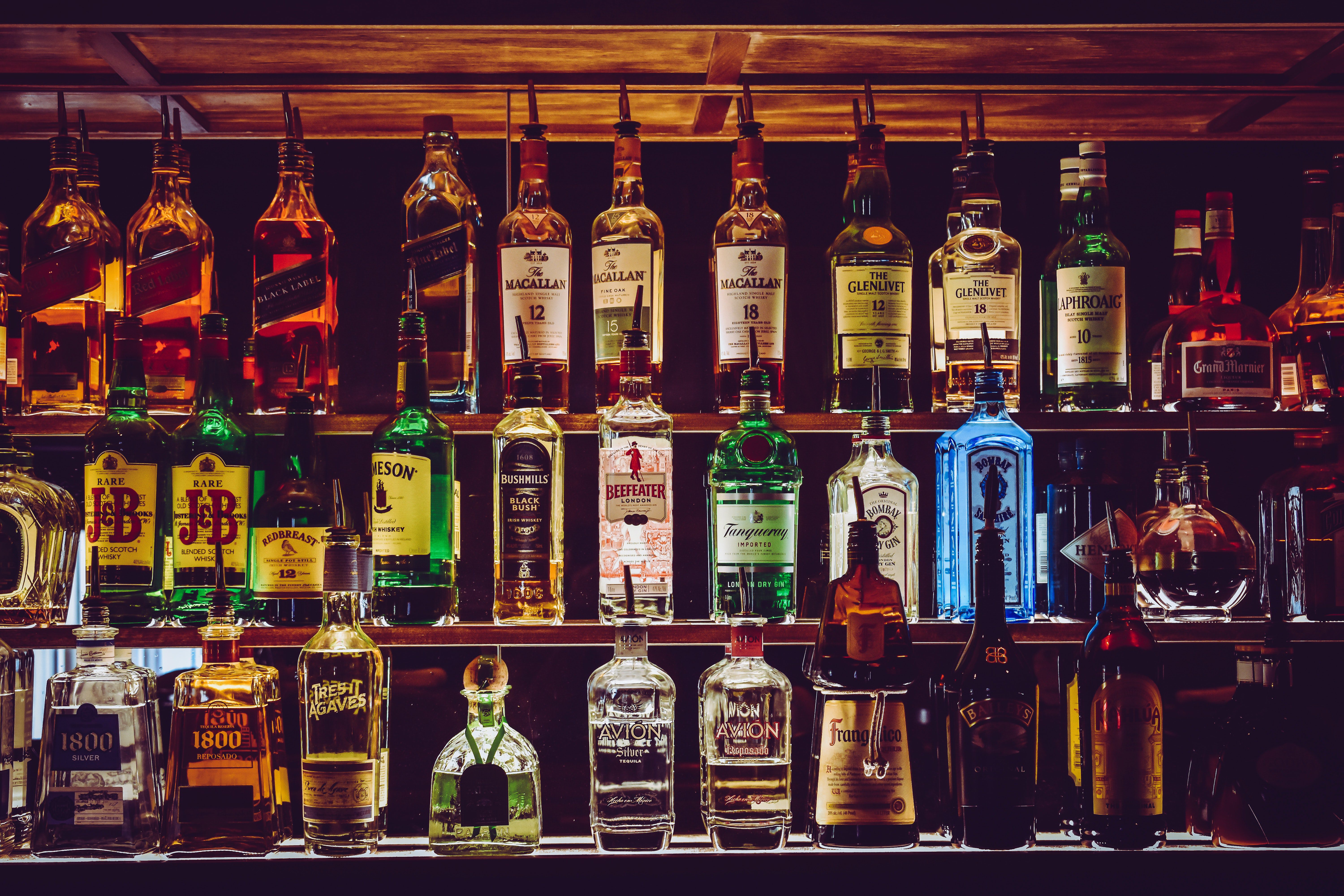Fans of the Nairobi night life, will have to put up with fewer clubs in the country’s capital. That is if a new bill seeking to cap the entertainment joints at 3000 is adopted into law by the County Assembly.
The new bill, which is being proposed by the County Liquor and Licencing Board, is ready to be presented in the Assembly in two months time.
Nairobi County Deputy Director of Liquor Licensing Hesbon Agwena said, the move is aimed at cutting down the increasing number of bars in the city.
Agwena on Monday while appearing before the Nairobi County Assembly Budget and Appropriation committee said, the move will also look into a number of clubs in areas and the distance between them.
He further revealed that in 2014, when the board came into operation, 7,200 clubs were licensed in Nairobi alone. He added that the number has been on the upward trend since then.

Mr. Agwena noted that some of the clubs in Nairobi are currently operating illegally. According to him, most of these clubs operate in informal settlements.
He added that for instance, the Central Business District (CBD) has 2,000 bars but only 736 however, have valid licenses.
“We are coming up with a policy, which is currently before the Board, that will inform the number of bars that Nairobi should have, location, distance between one another and even enforcement. We are looking at scaling down the number to 3, 000 bars only in Nairobi. Eldoret for example has only 800 bars,” he (Mr. Agwena) said.
He also highlighted that the 7,200 figure is the highest number of bars that have been levied by the county during the 2014/2015 financial year, adding that the number has been decreasing ever since.
“We only license those that are in a plot and with a plot number but since most are on top of residential houses they cannot get licensed. If we enforced the law then more than 4, 000 bars will be affected as they do not meet our set standards,” said the deputy director.
Statistics indicate that the county has not been doing well with regards to the revenue collection from the entertainment joint (night clubs) sector.
For instance, in the 2017/2018 financial year, the county collected Sh254 million in annual revenue from 5000 clubs against a 7000 target. The figures in the current financial year, are also reportedly low.



